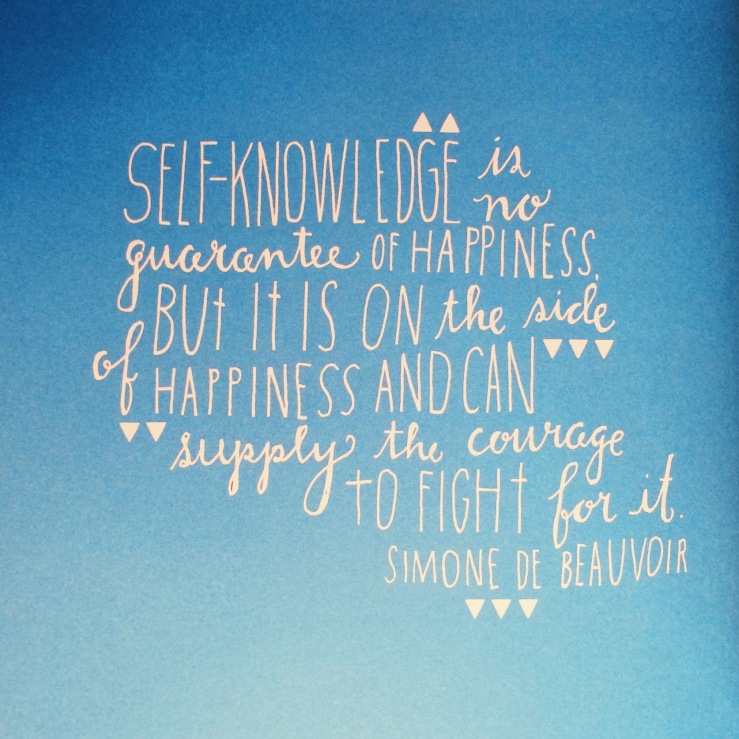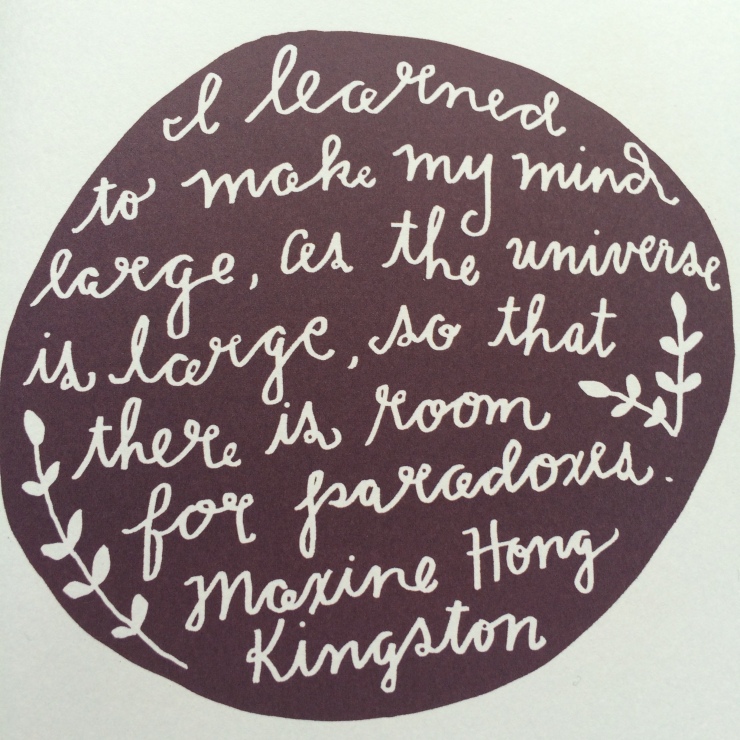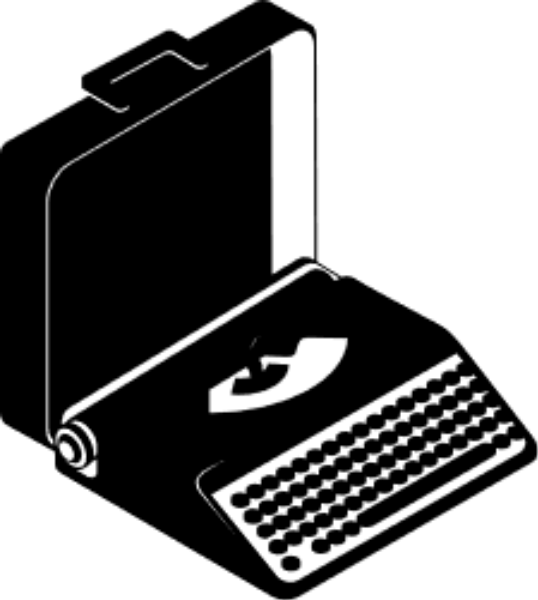It occurred to me that the generation born today will never experience a world without the internet or instant access to the internet. It isn’t that this horrifies me – it would be hypocritical of me to be horrified of access to something that has enriched my life and led to me getting to know some wonderful people. But it has made me think about the ways we interact now, and how we use the tools we have for communication and interaction.

My own childhood was mobile and internet free, like most people born before the late 90s and early 00s. Being born in the 1980s, though, came with its own innovations. The devices I remember the most are iconic – the Sony Walkman and the Nintendo Gameboy (though I didn’t have one until they downsized into the Gameboy Color a few years later).
They completely changed culture and our idea of what could be portable. The 80s and 90s were a time of rapid change, going from Walkmans to CDs to minidiscs to MP3s. The music industry is a great metaphor for how quickly things change, having to adapt and move along with the ways people consume.
So I ended up looking at the rate of progress and the way it has changed how I access things – through Spotify and Netflix, through iPad, iPhone, and laptop, Facebook, Twitter, and WordPress (to name a few) – and have realised just how addicted I am to distraction. The actually horrifying thing for me is to understand that the way I consume information now has changed the way I do other things. It affects how I read books, how I communicate with my friends, and how much time I spend with my family without the lure of information.
That isn’t to say that the information I consume isn’t valuable. I’ve taken steps to make sure that what I read is interesting to me, relevant in some way to my work, emotional and mental health, and the way I live. I use Pocket and have turned off non-essential notifications, also deleting Facebook from my phone. I’ve moved all the less important, less used apps to the second screen of my phone, and the apps that connect to the people in my life – Whatsapp, for example – to the front screen.
Yet recently I’ve noticed that after taking all these measures, and trying to change the way I use my devices, I still can’t escape that a few years of this information-superhighway, fast-stream way of accessing information has completely changed how I focus. It’s the little things – feeling discomfort with boredom, that irresistible feeling of wanting to ‘check one more thing’ before you turn off your phone for the night, and the more insidious feeling that I can’t slip as easily into reading books as I used to. Even if the book is exciting or interesting.
This is what has alarmed me the most – a creeping suspicion that getting used to things like Google, Facebook, and Twitter means that I’ve changed the way I process things in some fundamental way.
It’s easy, in a conversation, to simply check Google when you don’t know something. Or to fill those quiet, boring moments with a quick flick through Twitter. Or, instead of looking out of the window and noticing things on a bus journey, keeping your eyes firmly glued onto a screen. Sometimes, I feel as if these things are perfectly fine. Google and search-engines are amazing. Twitter, when you’re following interesting voices and organisations, can also be incredible. And occasionally, we’d rather read or watch something on a journey than take in the view.
What concerns me more, is that we miss the moments of guessing and imagining things, being comfortable with not knowing, being bored and comfortable with that, realising what we’d rather be doing (instead of instantly turning to a screen). We might miss seeing something we’ve always seen out of that window but suddenly see it from a different perspective. We might miss how the world around us is changing.
There is also more opportunity to miss simple, everyday connections with strangers. A smile here, a ‘good morning’, there. Complimenting someone on their outfit, sharing a moment of kinship if someone is reading a book you love. It’s easy to become wrapped up in your own bubble in a world of instant information access and connection with the people you already know or follow.

One of things I like most in life is to sit somewhere and people watch, to observe interactions and the way people communicate, verbally and non-verbally. I think people are becoming more conscious of how much time we spend with our devices, and making an effort to be more present, more ‘here’.
As for my issues with distraction and restlessness, I’m still learning how to limit the way I use social media and the internet. It’s easy for me to become absorbed in reading article after article, without considering whether I’m learning anything new or if I’m retaining that information. I’m re-training myself to become more comfortable with long-reads on places like Medium and in physical magazines. I see less point in trying to keep up with the stream – it’s impossible to constantly ‘keep up’ with a never-ending deluge of information.
I find that I’m less likely to look at the Twitter stream, and much more likely to go to individual accounts and check those. I changed the way I used Facebook a few months ago – following pages of publications that I enjoy, which publish engaging, interesting long-form articles, critical analysis, soulful and thought-provoking reads. So instead of miles of videos and political opinion, I see far more of what interests me.
That doesn’t mean that I don’t still get distracted, just that when I do, I’m exposed to things that are meaningful to me.
The internet and social media is still in its infancy, and we are still learning how to harness it. The problem is that this needs some kind of letting go of the idea that we will somehow manage to evolve to this way of getting information. Managing vast amounts of articles, tweets, Facebook statuses, group conversations – is not possible. We shouldn’t have to adapt to that way of living unless we’re doing some kind of research.
Instead, I feel like the internet of the future will have to adapt to us. We will learn to use it as more of a tool and leisure activity rather than an always-on, always-there presence, encroaching on our time with friends and family, our time with ourselves.
I hope that we might start to spend more time in the here-and-now, appreciating – even pursuing – time when we do nothing, the spaces in-between. Balance in life, I’m learning, is also about learning to let go of the things that don’t add value to our lives, and the illusion of control over things that simply can’t be controlled. You can only control what you do – your own behaviour, the way you interact with the world – and what you put out into the world.
It’s still a work in progress for me, to let go of things that I know don’t really add much to my life. In turn, I also appreciate the things the internet does have, like blogging, articles, being able to buy books online, interacting with a creative community, Instagram, Pinterest, things to think about, research material, Netflix, and Spotify. Creating a schedule that works for me means that I’m less likely to reach for my phone, or check Facebook. I turn things off, unless I need them.
Changing your mind is hard, but it can be done, one step at a time.
‘The world as we have created it is a process of our thinking. It cannot be changed without changing our thinking.’ – Albert Einstein.

A very thought provoking article. I myself have turned everything off on my phone. All it does is call and text. When I’m out, I can be contacted, but nothing more. I don’t want or even need Facebook or instant access to the internet. Netflix or any sort of TV package does not feature in my life. I am guilty of spending too long on Youtube but there you have access to great music, TED talks and other brilliant channels.
Now I’m not some model human being who everybody should look upto. I do spend too long on the internet, not all of it justifiable. But, like you, I am striving for a good balance.
The amount of information we produce now is phenominal. We want technology to help with our lives but it can be very addictive. We need to maintain a healthy perspective but at the moment, it does not appear to be happening.
LikeLiked by 4 people
You’ve picked up on it. Ours is the last generation to have experienced a pre electronic past; the last who will feel guilty about the pleasures the present brings us and the last who will agonise about the future. It’s Pandora’s box; we can’t shove it back in. It’s fire and we can no longer do without it. Don’t want to do without it. As I see it, it’s our children and grandchildren who need us to give them some balance. Homework first, no gadgets and devices at the dinner table, sport, sleepovers, visits to the local library, asking how was your day. You know.
It’s anti-social media and that’s how I treat it. No Twitter, no Facebook. I have a blog and a limited Instagram account so I can follow family. And ditto, I love FaceTime because it keeps me in touch with family who live interstate, otherwise I prefer face to face time.
Thanks for your post. I enjoyed it very much. It speaks to all of us of a certain age.
LikeLiked by 4 people
Fantastic post! Sometimes I’m tempted to grab a smartphone and just switch it off (if only I knew how – having been “born before technology”). Heheheh – according to my thick old paper Oxford dictionary, the fourth meaning of “distraction” is “confusion; perplexity” and the fifth: “frenzy; madness”… Although I’m sure it would never come to that – given the level-headedness that speaks from your words and those of the comments above.
LikeLiked by 2 people
I have a problem doing one think at a time. I play computer games, work jigsaw puzzles, color or any number of things while I watch TV. I listen to audible books while I drive, cook, clean, garden, wait in line or at a doctor’s office, even when I am on the Gyno table or the dentist chair. I cannot stand to be bored. But that’s the joy of Adult ADD. Could be worse.
LikeLiked by 2 people
A childrens’ book author visited the school where I work recently, and one of my favorite things that he said was how important it is to be bored. He started writing stories and drawing pictures as a kid when he was bored, in his spare time! It’s so easy to become distracted by all the information and games and connections and things to do…and it’s hard because those things are not necessarily unproductive in and of themselves! But we have to be mindful to also leave some time for boredom, so we can explore and create and discover!!
LikeLiked by 3 people
Very interesting post. I totally agree with what you said about “…making an effort to be more present, more ‘here’.” It’s a constant fight these days to have somebody’s undivided attention.
LikeLiked by 2 people
I love this post! I am a 80’s baby too so I sometimes struggle with the same thing. We know how to live without constant connection and technology, however it is so difficult not too. I do unplug during my commute, so I do have the occasional good convo with a stranger. Thanks for sharing 🙂
LikeLiked by 1 person